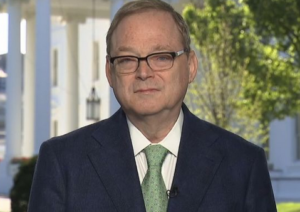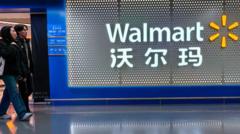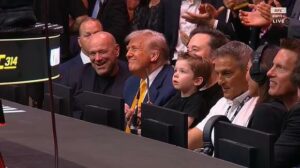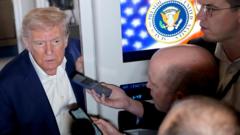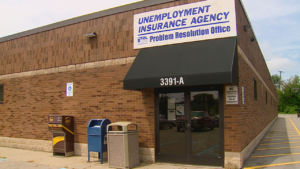Elon Musk's sharp rebuttal to Peter Navarro's criticism of Tesla highlights the ongoing tension around U.S. manufacturing and trade policies.
Elon Musk Clashes with Trump Trade Adviser Over Tesla Comments
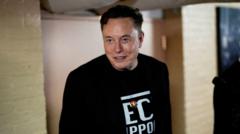
Elon Musk Clashes with Trump Trade Adviser Over Tesla Comments
Musk labels Navarro 'moron' amid controversy over manufacturing claims
Elon Musk, the CEO of electric vehicle company Tesla, has publicly criticized Peter Navarro, President Donald Trump's trade adviser, labeling him a "moron" after Navarro's remarks about Tesla being merely a "car assembler." During an interview, Navarro suggested that Tesla's reliance on foreign-made parts undermines its status as a genuine manufacturer, advocating for a shift toward domestic production in alignment with Trump's tariff policy.
Musk, responding via social media platform X, argued that Navarro's comments were "demonstrably false" and countered by sharing a 2023 article from Kelley Blue Book, highlighting that Tesla vehicles have the highest percentage of parts sourced from within the U.S. He emphasized that Tesla is the most vertically integrated auto manufacturer in America.
Navarro's comments occurred during a discussion regarding tariffs, which Trump has implemented as part of his economic strategy to bring manufacturing jobs back to the U.S. He expressed his vision of boosting domestic production while raising wages and profits for American companies. However, industry analysts have pointed out that while Tesla's foreign parts sourcing may be less than that of traditional automakers like GM and Ford, it still represents a significant share of their supply chain.
Musk further noted that the existing tariffs could disrupt Tesla's operations and hinder the overall automobile market, especially as the company faces increasing competition from firms like BYD. He has also hinted at the broader economic implications of the tariffs on global markets, indicating that even industry leaders like Tesla are not insulated from their effects.
This clash between Musk and Navarro underscores the contentious and multifaceted debate over U.S. trade policies, manufacturing practices, and the future of the American auto industry, while also revealing the diverse opinions within the Trump administration regarding tariffs and economic strategy. As relations between the U.S. and China remain tense, the impact of these policies continues to reverberate globally, with questions surrounding the sustainability of such approaches in a rapidly changing market.
Musk, responding via social media platform X, argued that Navarro's comments were "demonstrably false" and countered by sharing a 2023 article from Kelley Blue Book, highlighting that Tesla vehicles have the highest percentage of parts sourced from within the U.S. He emphasized that Tesla is the most vertically integrated auto manufacturer in America.
Navarro's comments occurred during a discussion regarding tariffs, which Trump has implemented as part of his economic strategy to bring manufacturing jobs back to the U.S. He expressed his vision of boosting domestic production while raising wages and profits for American companies. However, industry analysts have pointed out that while Tesla's foreign parts sourcing may be less than that of traditional automakers like GM and Ford, it still represents a significant share of their supply chain.
Musk further noted that the existing tariffs could disrupt Tesla's operations and hinder the overall automobile market, especially as the company faces increasing competition from firms like BYD. He has also hinted at the broader economic implications of the tariffs on global markets, indicating that even industry leaders like Tesla are not insulated from their effects.
This clash between Musk and Navarro underscores the contentious and multifaceted debate over U.S. trade policies, manufacturing practices, and the future of the American auto industry, while also revealing the diverse opinions within the Trump administration regarding tariffs and economic strategy. As relations between the U.S. and China remain tense, the impact of these policies continues to reverberate globally, with questions surrounding the sustainability of such approaches in a rapidly changing market.



